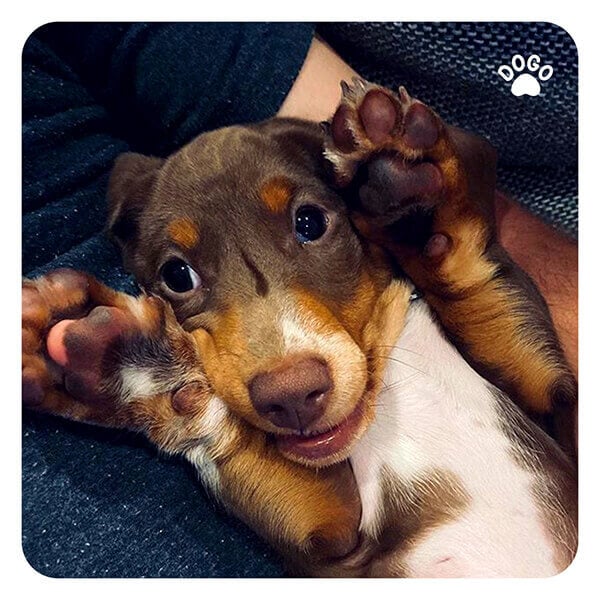 Parvovirus in dogs, also known as canine parvovirus, is a highly contagious and potentially deadly virus that affects the gastrointestinal tract. It primarily impacts puppies and unvaccinated dogs, posing a significant risk to their health. Understanding this virus and its potential impact is crucial for all dog owners.
Parvovirus in dogs, also known as canine parvovirus, is a highly contagious and potentially deadly virus that affects the gastrointestinal tract. It primarily impacts puppies and unvaccinated dogs, posing a significant risk to their health. Understanding this virus and its potential impact is crucial for all dog owners.
Parvovirus is a highly contagious virus that primarily affects the gastrointestinal tract of dogs. It is particularly common in puppies and unvaccinated dogs. The virus is extremely resilient and can survive in the environment for extended periods, making it easily transmissible from one dog to another. Parvovirus is most commonly spread through direct contact with an infected dog or by exposure to contaminated feces or environments, such as dog parks, kennels, or grooming facilities.
The symptoms of parvovirus in dogs can be severe and distressing. Dogs infected with parvovirus may exhibit symptoms such as vomiting, diarrhea (often bloody), lethargy, loss of appetite, and dehydration. The virus attacks rapidly dividing cells in the body, particularly those in the intestinal tract and bone marrow, leading to a weakened immune system and an inability to absorb nutrients. This can result in severe complications and, in some cases, death.
Diagnosing parvovirus in dogs typically involves a physical examination, blood tests, and fecal tests to detect the presence of the virus. Early detection is crucial for effective treatment and a better chance of survival. If you suspect your dog may have been exposed to parvovirus or is showing symptoms, it is essential to seek veterinary care immediately.
Unfortunately, there is no specific antiviral medication to cure parvovirus. Treatment primarily focuses on supportive care to manage symptoms and prevent secondary infections. This may include intravenous fluids to combat dehydration, medications to control vomiting and diarrhea, and antibiotics to address potential secondary bacterial infections. Hospitalization is often necessary, as affected dogs require intensive care to improve their chances of recovery.
Prevention is key when it comes to parvovirus. Vaccination is the most effective way to protect dogs from this deadly virus. Puppies should receive a series of vaccinations starting at around 6-8 weeks of age, with boosters given every few weeks until they are around 16 weeks old. Adult dogs should receive regular vaccinations as well to maintain immunity. Additionally, it’s crucial to limit a puppy’s exposure to potentially contaminated environments until they are fully vaccinated.
In conclusion, parvovirus in dogs is a serious and potentially fatal disease that poses a significant threat, particularly to unvaccinated puppies. Understanding the symptoms, transmission, diagnosis, treatment, and prevention of parvovirus is essential for all dog owners. By staying informed and taking appropriate precautions, we can work towards reducing the spread of this virus and protecting the well-being of our beloved canine companions.[/fusion_text]



